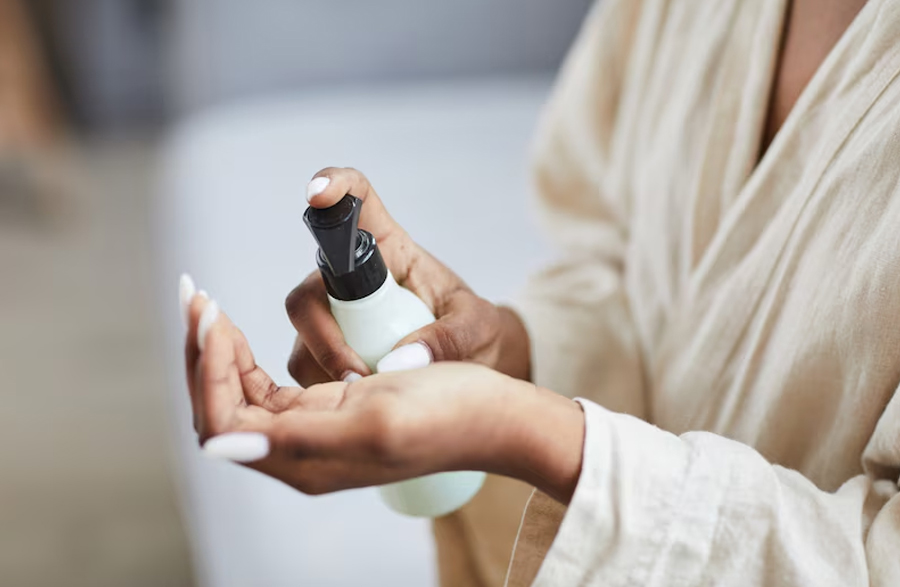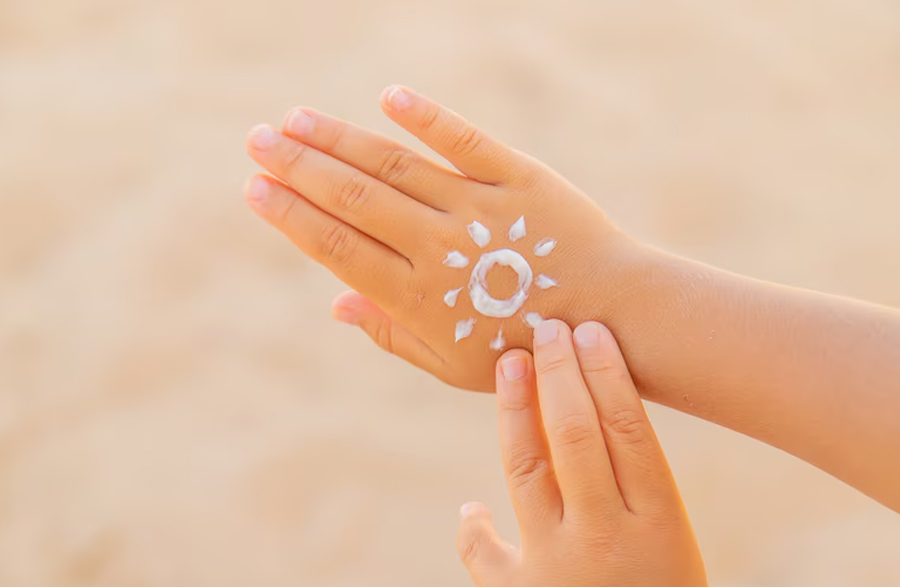
As the temperature drops and winter sets in, many of us face the daunting challenge of keeping our skin hydrated. Cold air, low humidity, and indoor heating can strip moisture from the skin, leading to dryness, flakiness, and irritation. Hydrating your skin during winter is not just about aesthetics; it is essential for maintaining skin health and preventing conditions such as eczema and dermatitis.
Table of Content:-
A study published in the Clinical Medical Journal highlighted that skin hydration decreases by 25% during winter, making moisturisation essential.
Here’s how you can keep your skin supple and moisturised during the chilly months.
1. Use a Hydrating Cleanser

Cleansers that strip the skin of natural oils can exacerbate dryness. Opt for a gentle, hydrating cleanser enriched with ingredients like glycerine or ceramides. Studies, such as one published in the Journal of Clinical and Aesthetic Dermatology (2011), emphasise that cleansers containing ceramides help restore the skin barrier and retain moisture.
2. Switch to a Rich Moisturiser
Unlike summer, when lightweight gels suffice, winter calls for heavier, oil-based moisturisers. Products containing hyaluronic acid, shea butter, and squalane are excellent for deep hydration. A 2020 study in the International Journal of Cosmetic Science revealed that moisturisers containing humectants like hyaluronic acid can improve skin hydration by up to 50% after two weeks of regular use.
3. Avoid Overheating Indoors

While it’s tempting to crank up the thermostat, indoor heating significantly reduces air moisture levels, leaving your skin parched. Use a humidifier to maintain indoor humidity between 40% and 60%. According to research by Harvard Medical School, maintaining adequate humidity levels can alleviate dryness and improve skin elasticity.
4. Hydrate from Within
Drinking plenty of water might not instantly transform your skin, but staying hydrated is crucial for overall health. Incorporate water-rich foods such as cucumbers, oranges, and watermelon into your diet. Herbal teas and broths are also excellent for replenishing fluids during winter.
5. Exfoliate Gently
Dead skin cells can act as a barrier, preventing moisturisers from penetrating effectively. Gently exfoliate your skin once or twice a week using a mild exfoliant to promote cell turnover. However, avoid harsh scrubs that can irritate the skin further.
6. Choose the Right Fabrics
Wearing soft, breathable fabrics can prevent skin irritation. Avoid wool directly on your skin as it can exacerbate dryness and itchiness. Cotton or silk layers are better choices for maintaining comfort and protecting the skin barrier.
7. Don’t Skip Sunscreen

Many people neglect sunscreen in winter, assuming that UV exposure is lower. However, the sun’s rays, especially UVA, can still cause damage. Use a broad-spectrum sunscreen with SPF 30 or higher to protect your skin from premature ageing and dryness caused by sun exposure.
8. Take Lukewarm Showers
Hot showers might feel heavenly in the cold, but they strip your skin of essential oils, leaving it dry and dehydrated. Switch to lukewarm water and limit your shower time to 10 minutes.
9. Invest in Overnight Masks
Overnight hydrating masks can work wonders in winter. Look for products infused with nourishing ingredients like honey, aloe vera, or avocado oil to repair and hydrate your skin as you sleep.
10. Apply Products on Damp Skin
For maximum absorption, apply moisturisers and serums immediately after washing your face or bathing. Damp skin helps seal in moisture, ensuring long-lasting hydration.
Conclusion
Winter skincare is about nurturing your skin with the right products and habits. A combination of hydrating cleansers, rich moisturisers, and lifestyle adjustments can keep dryness at bay. Remember, hydration is not only a surface-level concern but also a cornerstone of healthy, glowing skin. By implementing these tips, you can enjoy soft, supple skin all winter long.
Also watch this video
How we keep this article up to date:
We work with experts and keep a close eye on the latest in health and wellness. Whenever there is a new research or helpful information, we update our articles with accurate and useful advice.
Current Version